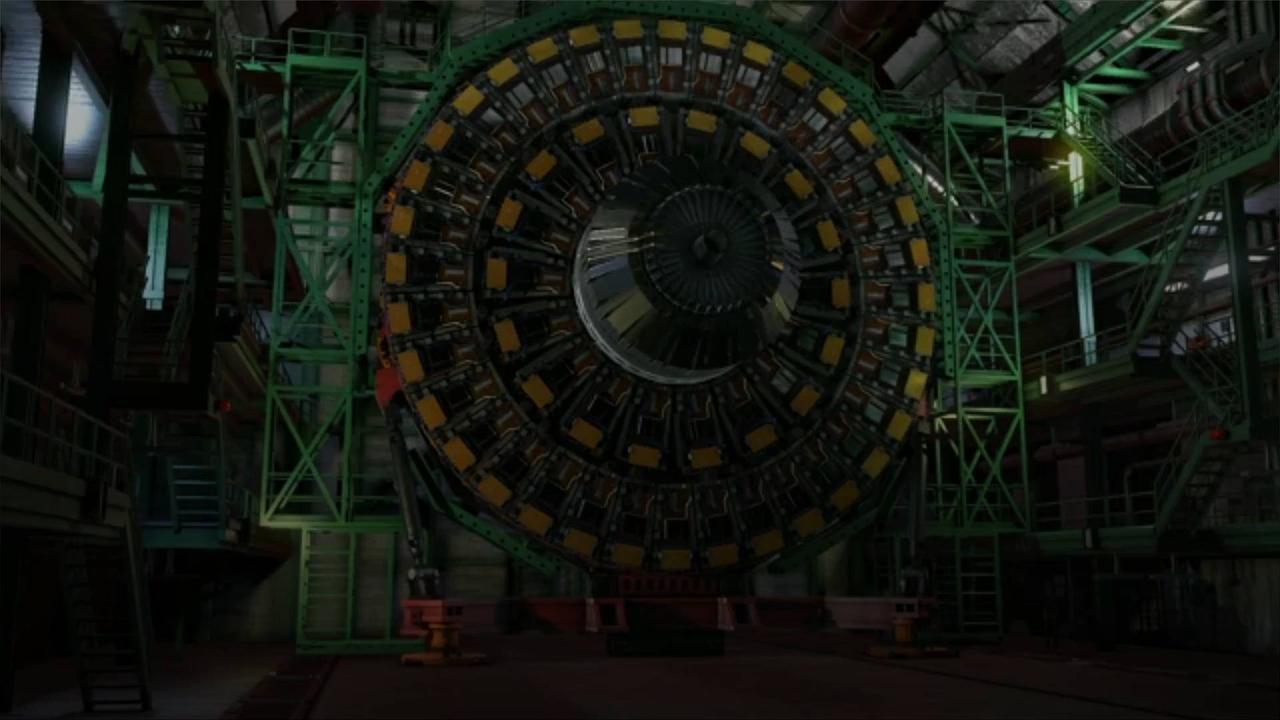
Next-Generation Particle Collider , Could 'Unveil Universe's Mysteries'.
'The Independent' reports that plans are being developed for a new particle collider that could shed light on some of the biggest mysteries of the Universe.
Around the year 2040, the European Organization for Nuclear Research’s (CERN) Large Hadron Collider (LHC), will complete its mission.
.
The looming end of the program has left experts looking for what will replace it.
According to early estimates, the Future Circular Collider (FCC) will cost an estimated $17 billion.
.
The collider will be installed in a tunnel with a circumference of about 56 miles between 100 and 400 meters below both French and Swiss territory.
.
Yielding much higher energy, the collider will smash particles together in the hopes of discoveries that could change our understanding of the Universe.
On February 5, CERN announced that a successful mid-term feasibility assessment was able to identify the ideal location for infrastructure related to the project.
The FCC will be an unprecedented instrument to explore the law of physics and of nature, at the smallest scales and at the highest energies, Professor Fabiola Gianotti, CERN’s director general, via 'The Independent'.
[It] will allow us to address some of the outstanding questions in fundamental physics today in our knowledge of the fundamental constituents of matter and the structure and evolution of the Universe, Professor Fabiola Gianotti, CERN’s director general, via 'The Independent'.
Researchers hope the new collider will help unravel the mystery surrounding , dark matter and dark energy.
.
'The Independent' reports that if the FCC gains approval, the next-generation collider could be operational by the mid 2040s.
